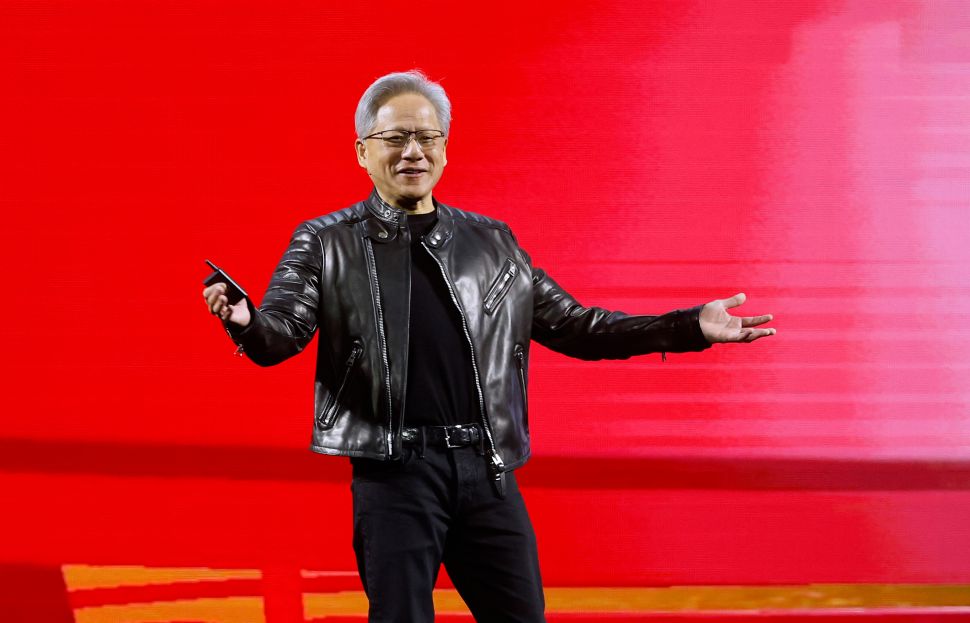Nvidia CEO Jensen Huang is walking a delicate line. Like other major tech companies, the chip giant is currying favor with the Trump administration by making massive investments in U.S. infrastructure. At the same time, Nvidia is trying to preserve its lucrative ties to international markets like China, as evidenced by Huang’s latest visit to Beijing.
A day after Nvidia said it will take a $5.5 billion quarterly hit from new U.S. export license requirements affecting its H20 GPU—designed specifically for the Chinese market—Huang arrived in Beijing today (April 17) to meet with local official and tech leaders, including DeepSeek CEO Wenfeng Liang.
During a meeting with Hongbin Ren, head of the China Council for the Promotion of International Trade, which invited Huang, the Nvidia CEO expressed hopes for continued cooperation with Beijing and emphasized the importance of China to Nvidia’s business, according to local media reports.
The visit comes at a particularly tense moment in U.S.-China relations, as both countries remain locked in an escalating trade war. Earlier this month, President Donald Trump enacted 145 percent tariffs on most Chinese imports, prompting China to respond with a 125 percent levy on American goods.
The Trump administration also recently announced new curbs that will require export licenses for semiconductors shipped to China. In an SEC filing this week, Nvidia said the license requirement would cost the company $5.5 billion in additional charges, which will be reflected in its first-quarter earnings report on May 28. In response to earlier restrictions under the Biden administration’s CHIPS Act, which prohibited the sale of advanced semiconductors to China, Nvidia developed the H20 chip to comply with the new rules. Last year, China accounted for approximately 13 percent of Nvidia’s global revenue.
The news license requirement will also affect AMD’s MI308 chips and could cost the company up to $800 million.
On April 14, Nvidia pledged to invest up to $500 billion over the next four decades to produce chips in the U.S. The Trump administration hailed the announcement as evidence of “the Trump effect in action,” aligning with the President’s agenda to strengthen domestic manufacturing. Other tech giants like OpenAI and Apple (AAPL) have also made similar investments in recent weeks.
Huang’s pledge doesn’t mean he has quite given up on China. In addition to his meeting with Ren, he reportedly met with Lifeng He, China’s vice premier for economic policy, who reiterated the country’s openness to foreign investment and trade partnerships.
Huang also met with DeepSeek’s Wenfeng Liang to discuss next-generation chip designs that meet U.S. regulatory standards, according to the Financial Times.
DeepSeek shook Silicon Valley earlier this year by unveiling a pair of A.I. models that rivaled the performance of leading U.S. systems—despite being developed at a fraction of the cost. The surprise launch prompted renewed calls from American tech leaders for stricter export controls to slow China’s momentum in A.I.

